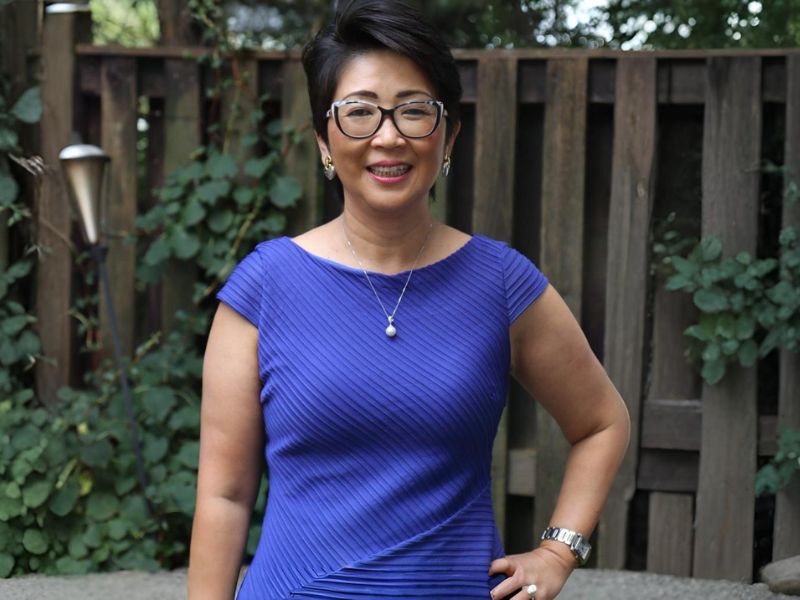Despite significant investments in decentralized trials, digital platforms, and AI-driven outreach, clinical trial recruitment remains a persistent challenge. Approximately 70% of clinical trial sites fail to meet their projected enrollment targets, leading to delays and increased costs. For Contract Research Organizations (CROs), this translates to stalled timelines and mounting pressure to deliver results more efficiently.
The issue isn’t a lack of innovation—it’s misalignment. No amount of patient-facing technology or recruitment advertising will solve a problem rooted in how trials intersect—or don’t—with everyday care.
If CROs want to fix recruitment, they need to look beyond platforms and ad campaigns. The future lies in unlocking patients through activating the community oncologists who already treat them.
The Unspoken Bottleneck
CROs have traditionally built networks of academic sites and key opinion leaders. But this approach overlooks a vital segment of the oncology ecosystem: the frontline oncologists treating 80–85% of cancer patients in community settings.
These physicians hold deep patient trust, real-world clinical insight, and the power to activate trial participation early in the care journey. Yet they remain on the sidelines—unengaged, unsupported, and unconvinced.
Why?
- Time: Trial matching and coordination—especially with complex protocols—are time-intensive. For oncologists managing high volumes of patients, it’s simply not feasible.
- Incentives: Evaluating trial eligibility is unpaid labor. Referring a patient can feel like relinquishing the relationship, with no assurance of follow-up or reintegration.
- Outdated perceptions: Many still see trials as a “last resort,” used only when standard treatments fail. This mindset denies patients access to potentially better, more current therapies.
Until CROs recognize and address these physician-side barriers, the recruitment problem will persist.
What’s Broken Can’t Be Digitized
Digital outreach and decentralized trials have value, but CROs cannot rely solely on technology to overcome structural misalignment. Many use commercial databases with EMR or claims data to identify patients—but these often lack the granularity needed for real-time, trial-specific eligibility screening.
The result? On-paper patients who don’t convert to real enrollees.
When the oncologists who treat 80–85% of cancer patients aren’t included—when they’re not incentivized, supported, or even consulted—patients miss out. Trials stall. The physician is the missing link in today’s CRO playbook.
This isn’t a technology issue. It’s a system failure.
The model must evolve beyond treating physicians as the problem. We must empower them as integrated collaborators in the trial process.
The New Playbook: Shared Care, Not Siloed Care
At 1104Health, we work with community oncologists who are open to trials—but not to complexity. They need a simple, trusted way to connect patients to the right trials at the right time—without losing clinical continuity or control.
Enter the Shared Care Network.
Rather than replacing traditional CRO infrastructure, we enhance it. Our model equips treating oncologists with:
- Workflow-integrated trial visibility: AI-enabled tools surface relevant trials within clinical workflows—regardless of whether the practice offers trials directly.
- Concierge trial-matching: We deliver curated matches based on clinical and geographic fit—no endless sifting through irrelevant protocols.
- Fair compensation: Oncologists are compensated for their time and trial-related effort, removing a major disincentive.
- Collaborative care pathways: Physicians maintain care continuity, with real-time updates and structured patient reintegration post-trial.
- New referral patterns: Clinical investigators receive inbound referrals through trusted physician relationships—not cold outreach.
For CROs, this model leads to faster enrollment, stronger physician engagement, and higher prescreen-to-randomization conversion rates. For physicians, it offers more options—without losing their patients.
CROs: It’s Time to Shift the Model
The next era of clinical trial success won’t come from more technology. It will come from reengineering physician relationships that align incentives of all parties.
CROs must start seeing community oncologists as strategic partners—critical nodes in a collaborative network built to scale.
Want to improve diversity in trials? Start with the physicians serving underrepresented populations. Want to accelerate enrollment? Work with the oncologists who can introduce trials before standard treatments are exhausted.
This isn’t theoretical. It’s happening.
Where 1104Health has implemented the Shared Care Network, we’ve seen enrollment timelines shorten, patient-fit improve, and oncologist engagement deepen. Most importantly, patients gain earlier access to better options.
A Final Word
Clinical trials aren’t just research—they’re part of the care continuum. But only if they’re accessible, navigable, and integrated into real-world oncology workflows.
CROs now have a choice: keep pushing trials at the system, or start pulling them in—with the people who already hold the keys.
Let’s move forward—one patient, one physician, one partnership at a time.



















